We can answer this question with a lot of certainty—guinea pigs are able to swim, but they definitely do not enjoy it.
We know, there’s lots of videos floating around on the internet of guinea pigs swimming in kiddie pools with captions claiming that the guinea pigs are having a great time, but this is definitely not true. Generally, we know that guinea pigs don’t even enjoy taking baths when they have to, so that makes us wonder why anyone would think that guinea pigs enjoy swimming!
There are some that may try to argue that guinea pigs swim in the wild, but this isn’t true either! They might be mistaking wild guinea pigs for their relative, the capybara. The capybara spends most of its time in water, but guinea pigs in the wild stay in burrows underground or in dense grasses.
Guinea pigs may be able to swim, but whether they should, or even want to are completely different questions.
Why is swimming bad for guinea pigs?
There are several reasons why you shouldn’t even try to see if your guinea pigs can swim. Because while there are videos online of people doing just that, you shouldn’t be trying that out just for your own curiosity or entertainment. Your guinea pig’s comfort and safety should be your number one priority, and throwing them into a body of water is not the way to go about it.
Pneumonia
Anyone who is an experienced guinea pig parent should know that guinea pigs are very sensitive to temperature, and changes in temperature. Being forced to be in water that can vary in temperature puts them at risk for contracting pneumonia.
It can be frightening how quickly guinea pigs can be negatively affected by temperatures that are too hot or too cold. Making your guinea pig get into some water and risking these adverse reactions isn’t very responsible, and it puts your piggy in danger for no reason.
Even after taking warm baths that are necessary for proper hygiene, guinea pigs need to be dried off as quickly as possible to prevent them from suffering from pneumonia, which has been known to be life-threatening.
Ear Infections
Just like humans can get ear infections from water lingering in the ear canal, guinea pigs can also get ear infections from the water. Generally, guinea pigs are prone to many different illnesses and infections—these include things like respiratory infections, bumblefoot, fungal infections, and many more.
However, ear infections are rare for guinea pigs because they rarely are in contact with water in a way that would cause them to develop them. Ear infections can be life-threatening for guinea pigs because if the infection moves deeper inside the ear, it can affect their nervous system, which can lead to death.
Guinea pigs shouldn’t even be put into the position where they can get ear infections—they didn’t need to go for a swim. It’s important that you do what is best for your guinea pig’s safety, and forcing them to go for a swim is definitely not what’s best for them!
Stress
As you already know, guinea pigs are very skittish, anxious animals. Putting them into unnecessary and uncomfortable situations that will cause them to become stressed for no reason isn’t the best way that you can ensure your guinea pig’s well-being and happiness.
Guinea pigs being put into an environment that they’re not familiar with is already stressful enough, and putting them into a position where they are forced to do something like swim in order to essentially stay alive is going to stress them out.
If you didn’t know, the immune system is heavily affected by stress and anxiety. This means that if your guinea pig is too stressed for too long, there’s a high likelihood of them being vulnerable to catching infections or other illnesses that they didn’t have to be put at risk for before.
Exhaustion
Guinea pigs were not meant to swim. Just because they have a self-preserving response, does not mean that they should be made to swim for human entertainment and curiosity. We don’t know if you looked at guinea pig arms and legs lately, but they are definitely not structured for swimming!
Their arms and legs, as well as the muscles in them aren’t strong enough for them to swim for long periods of time. Even if you see them swim for prolonged periods of time in the videos out on the internet, it’s because they need to keep moving in order to float properly.
Eventually, they will get tired and will have to stop. This can lead to drowning and death, which never had to be a possibility in the first place.
Skin problems
Guinea pigs have coats that protect them and their skin, and they also have natural oils that keep their skin in good condition as well. You may know that hairless guinea pigs sometimes need to be rubbed down with natural coconut oil in order to keep them from having dry skin.
Contact with too much water for too long can cause their skin to get dry and irritated. Irritation can lead to itching and scratching! This inevitably can also lead to self-injury from scratching.
The situation will always become precarious when your guinea pig has skin injuries and wounds, because that is when infection can occur. Infections in skin injuries can be life-threatening very quickly, so it’s important that they don’t get them in the first place.

What if you need to bathe your guinea pig?
No one is saying you can’t bathe your guinea pig! In fact, bathing your guinea pig can be very necessary depending on the state of their skin and hair, especially if your guinea pig is a long-haired breed. Guinea pigs should be kept as clean as possible in order to prevent infection, but generally, guinea pigs are self-groomers that are able to keep themselves clean and will rarely ever need a bath.
Long-haired guinea pigs can be prone to an infection called fly strike, which occurs when flies lay their eggs in the filthy areas of your piggies’ skin. The eggs then hatch and the babies will dig into their skin and feast on it, which is where secondary infections occur and can become even more life-threatening. Guinea pigs can die very quickly from this, so it’s important to prevent it as much as possible.
Keeping your guinea pig clean is one of the best ways that you can prevent overall infection, so yes, you can bathe your guinea pig. However, you shouldn’t be throwing them into a kiddie pool to do it. You should be doing it in shallow water. It’s less shallow water and more something like a small puddle of water only an inch deep. For more details on how to give your guinea pig a bath, you can read this post here.
Your guinea pig should only be bathed a couple times in a year at the most, and only if it’s absolutely necessary. The cases in which your guinea pig should be bathed is if they have their poop and urine embedded in their hair and skin. These are usually the conditions in which fly strike will occur.
Please don’t force your guinea pig to swim!
It’s important that your guinea pig is as stress-free as possible, at least in the ways that you can control. As mentioned previously, guinea pigs are so susceptible to infections and illness when their immune system is weakened due to stress. It’s important to prevent this by reducing the amount of human-made stress as possible.
Even though there are videos on the internet of guinea pigs swimming, don’t think that it’s OK for you to put your guinea pig in that position! For the sake of their well-being, their sense of safety and comfort, keep the pools for yourself, and keep your guinea pigs out of the water!










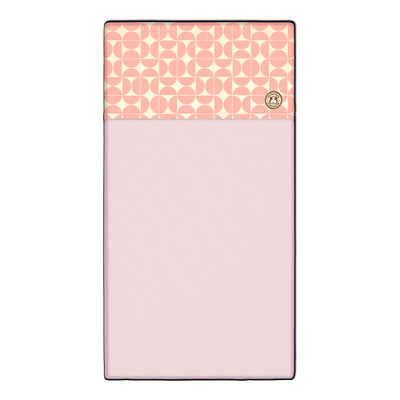

















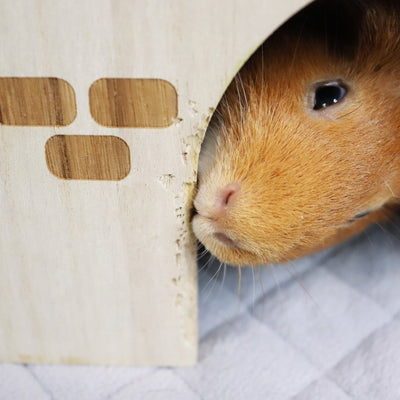

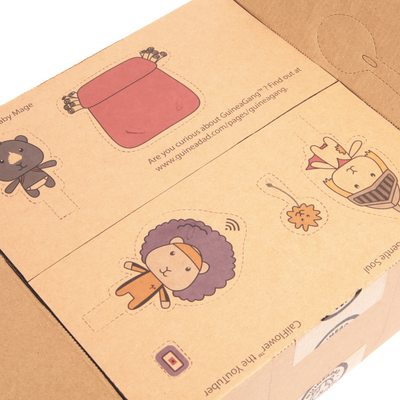









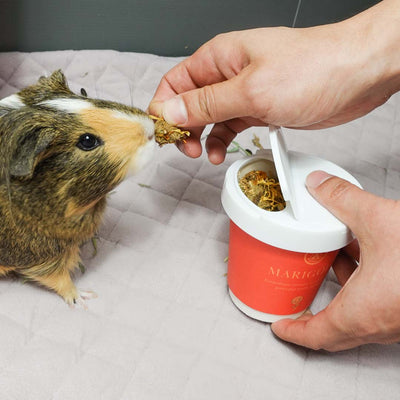
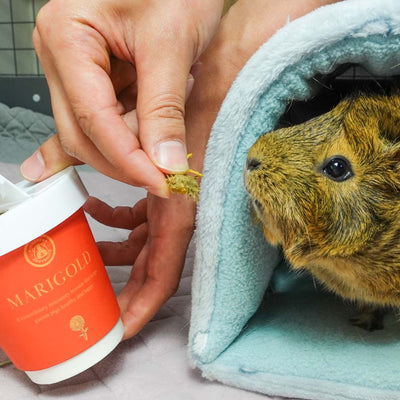
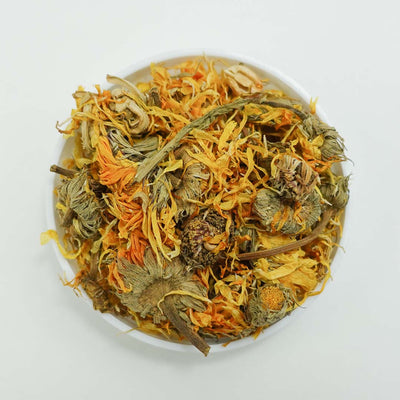









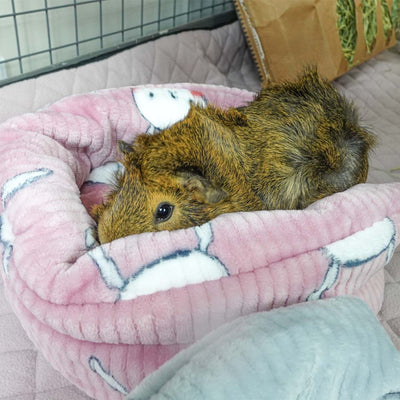
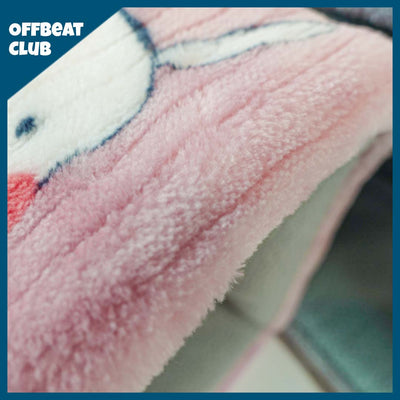
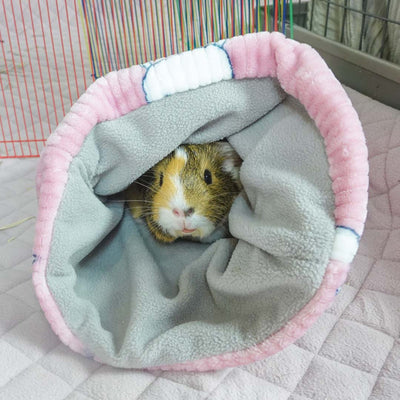
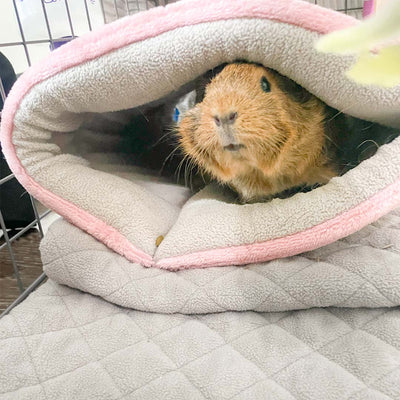



4 comments
Thank you for this information! I grew up with the misinformation that they do enjoy swimming and I’m so glad I know this now.
I was curious to see if they did swim, I now know there are many reasons why it’s a bad idea. Thank-you.
From the home of the non swimming magpies at Woodhouse Cavies
The info u put out is awesome, ty
You’re page is pretty cool. I like Guinea pigs lol. Ty for the info.